If I could make a 2012 magical wish, it would be to open the front door in January and have no one show up. It will be a time of jubilation, when oncology offices are empty. With that goal, I offer this New Year’s anti-cancer list:
Exercise – moderate exertion, at least 30 of the 1440 minutes of each day, 5 days a week. Increasing data shows exercise prevents cancer.
Smoking – the average smoker lives at least 15 years less than do nonsmokers. This is not a just disgusting habit, it is a lethal addiction. Get help. There are outstanding quit resources.
Sunscreen – sunburn at any age increases the risk of all skin cancers. Despite advances in melanoma therapy, it is still a deadly disease. Avoid sunlamps.
Food – Decrease red meat and fat, increase fruits & vegetables, increase fiber, eat fish at least two times a week, eat tomatoes, blueberries, soy, green tea, & dark chocolate. Limit grilled, barbequed meat.
Coffee – go for it. No significant medical issues. Do not substitute caffeine for sleep. Increasing data suggests adequate sleep increases life span.
Weight – whether it is because of increased diabetes, alternated insulin levels, or high estrogen levels, obesity increases the rate and aggressiveness of cancer. Get your BMI under 30.
Vaccines – If you are at increased risk, get vaccinated for Hepatitis (thus prevent Hepatoma). Teens should also get HPV shots (prevent cervical and anal cancer). Ask your doctor.
Rotten Peanuts & Betel nut chewing – these cause liver tumors in the Penghu Islets and in parts of Asia. Not a worry here, but one cannot be too careful. Stop.
Colonoscopy – Every 10 years starting at age 50 and continue until expected lifespan less then 10. Earlier and more often if polyps or increased risk.
Mammogram – Every 1 – 3 years starting at 40, every 1-2 years starting at 50. Talk with your doctor about your risk. Stop after 70. Women should have their breasts professionally examined at least once a year. Self-exam may be of limited value.
PAP – Starting at age 21, every 2 years if normal until 30, then every 3 years if normal until 65, then stop. More often if positive for HPV or other changes found.
Radiation – Decline discount tour tickets to Fukushima, although Chernobyl’s nightlife has a certain glow. Radon is the second leading cause of lung cancer. Has your house been tested?
Soda – Not much direct research but with high sugars, complex chemicals and constant esophageal irritation, it is highly suspect. As little as possible.
Cell Phones – Despite WHO concerns no reliable study has shown a link between electromagnetic fields and cancer. Power lines appear to be safe. Using a cell phone while driving may run you into a utility pole.
Genetic Counseling – if cancer runs in your family, especially younger members, talk to your doctor or a genetic counselor about possible gene testing.
Chemoprevention – Certain drugs can help prevent breast cancer in high-risk women. Aspirin may decrease colon cancer but the data is unclear. Researchers are looking at metformin and finasteride to decrease other cancers.
Alcohol – Bad news here. There is probably no safe amount. Each drink consumed per day, increases cancer by 6 percent or more. Do not drink every day and never more then three drinks a sitting. The balancing act is that 1-2 drinks a day decrease heart disease. Moderation is key.
Sex – Intimacy at least weekly decreases risk of cancer by 23%. No published research here, I just made that up…figured it would help someone on New Years.
Vitamins – Cancer data very confusing and vitamin factories publish a lot of exaggeration and lies. Probably should take Calcium with D, folate if you drink or do not eat fruit & vegetables, avoid supplemental iron unless prescribed, do not take beta-carotene, perhaps take selenium. Multivitamins are useless for those who eat a balanced diet. Take omega-3 if do not eat fish.
Industrial Exposure – If you work in a poorly protected environment where you are worried about radiation, chemicals or dusts contact OSHA, CDC or UMDNJ Environmental Health.
Technology – keep in touch via the Internet with updates in cancer prevention. Do not let the Internet take you away from life. In the end, it is just a video screen.
Stress – While the data is clearer for heart disease, taking time for rest, relaxation and just to find yourself, has to make you more healthy and likely prevents cancer.
Exam – See your doc just for a tune-up, at least once a year. See a specialist (dermatologist, GI, gynecologist…) with special questions.
I really hope you never get cancer. However, remember this. In 2012, most cancer will be cured. If you have a concern or even a question of maybe a concern, see your doctor. After prevention, early detection is our best weapon.
Healthy New Year.
jcs
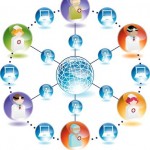

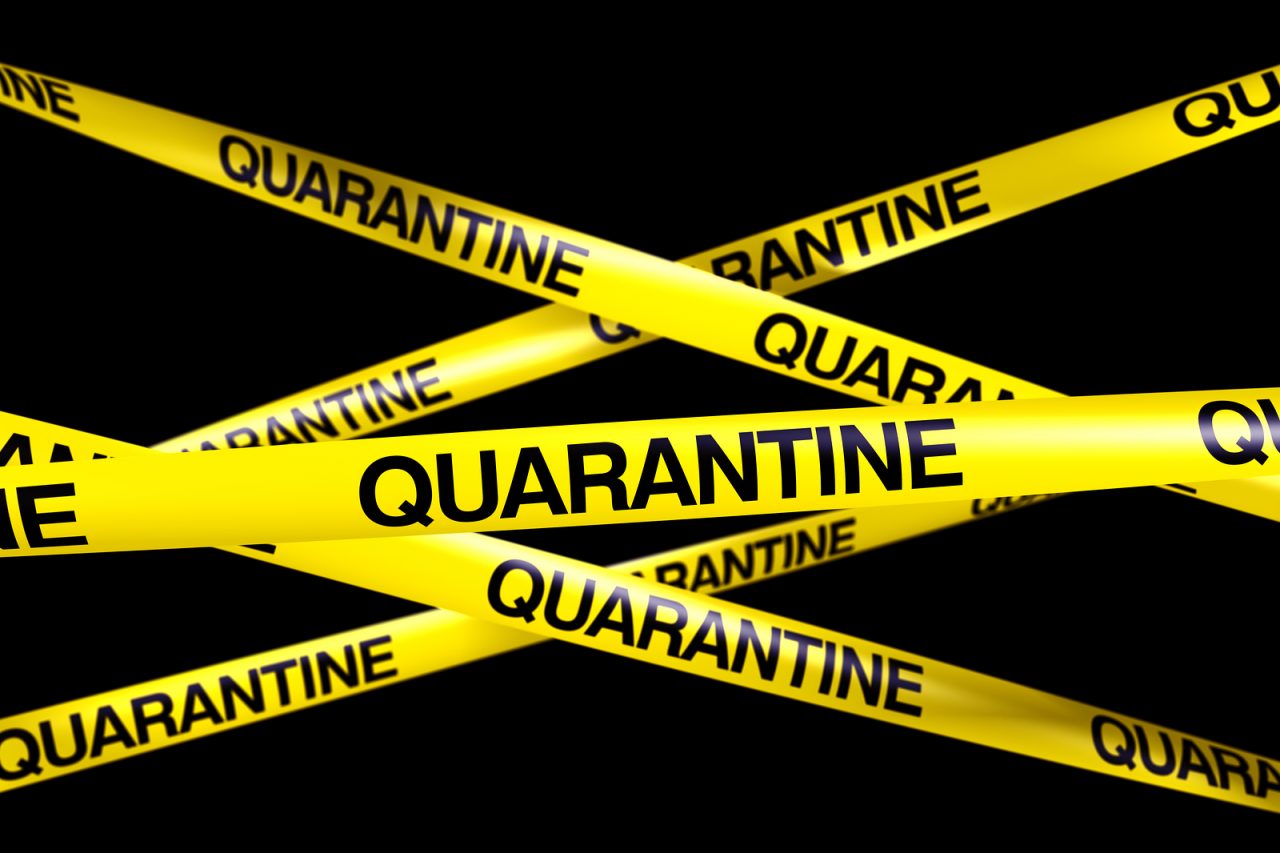
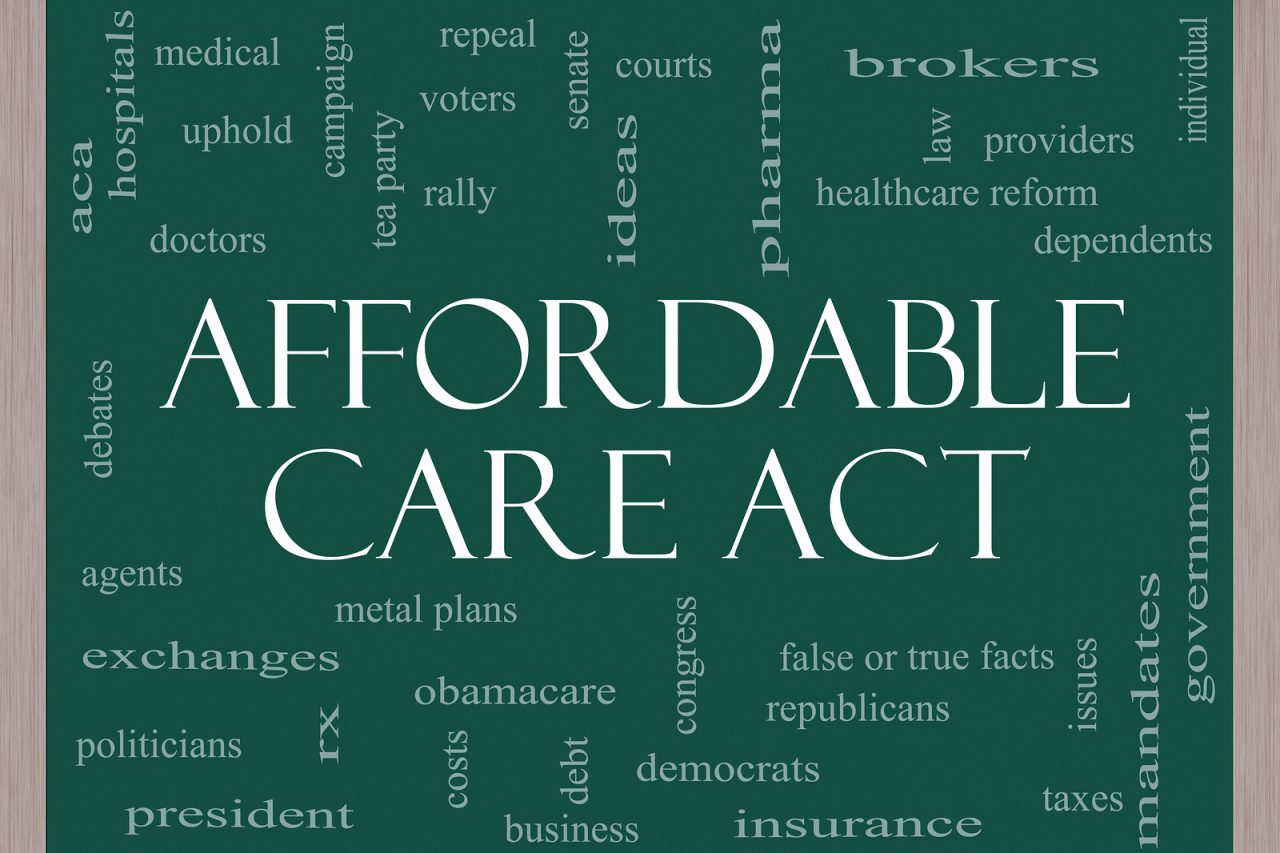
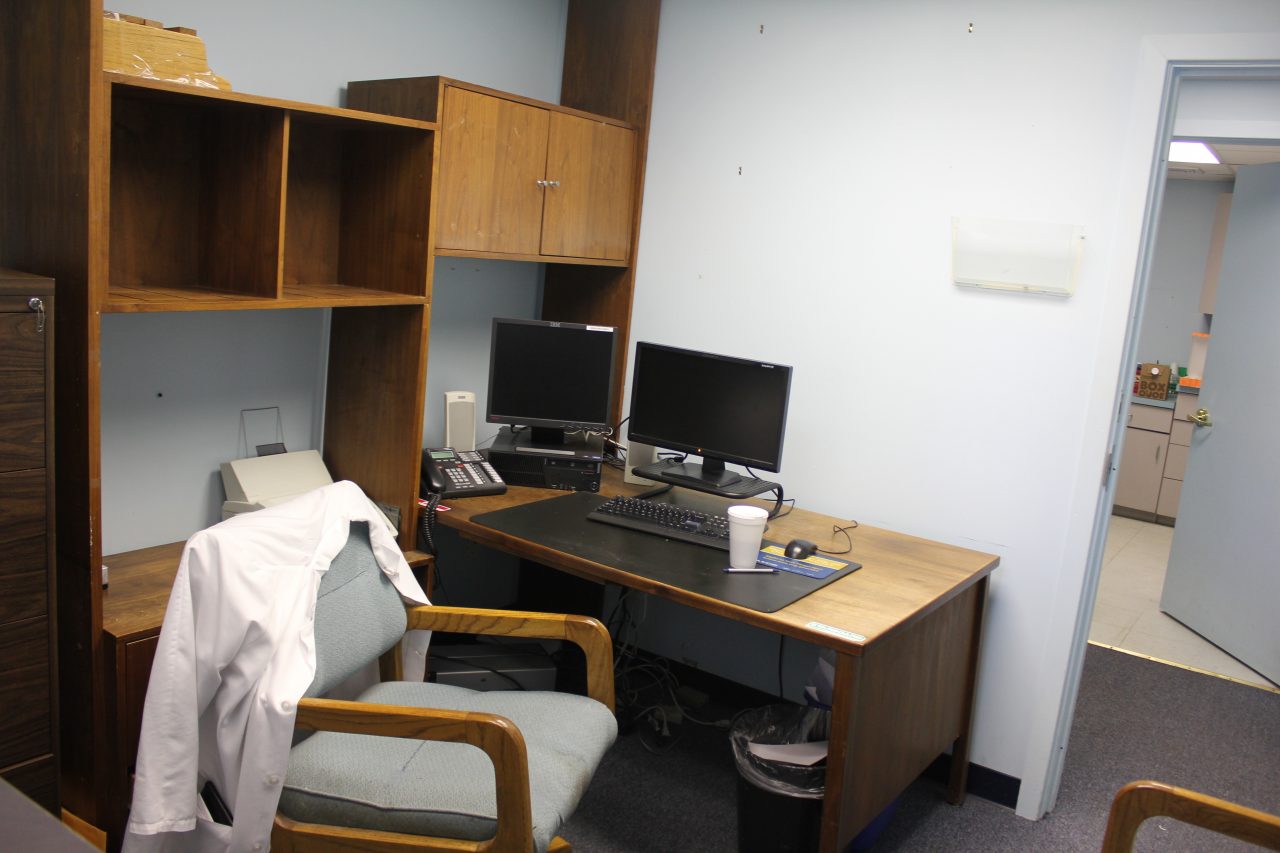
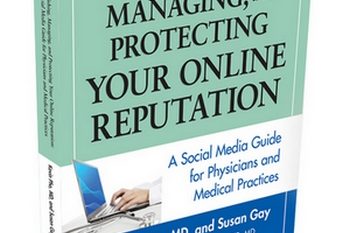
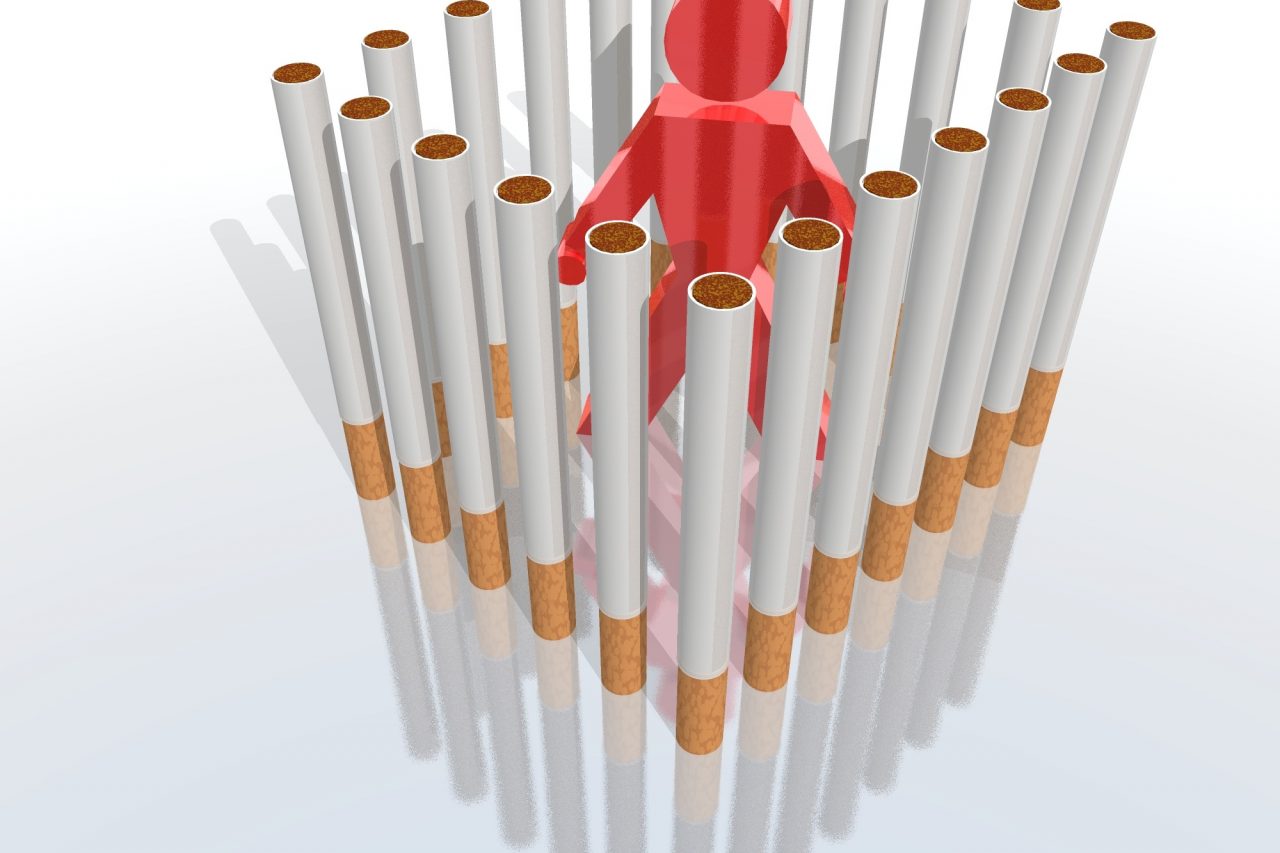
Comment